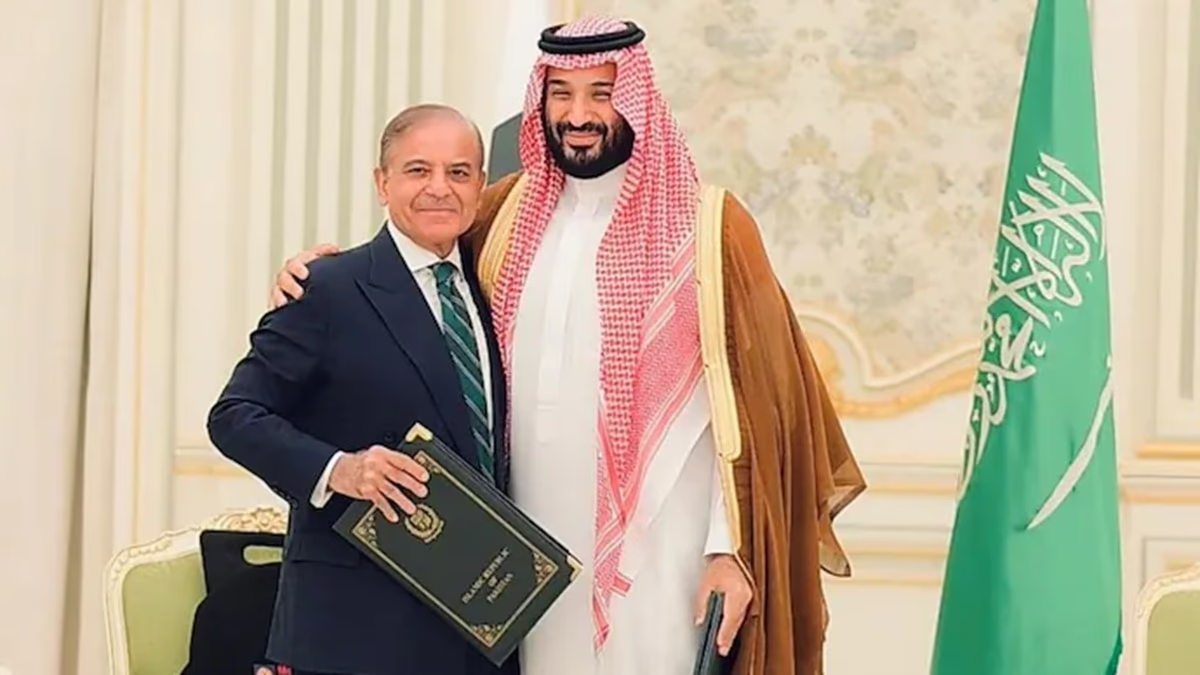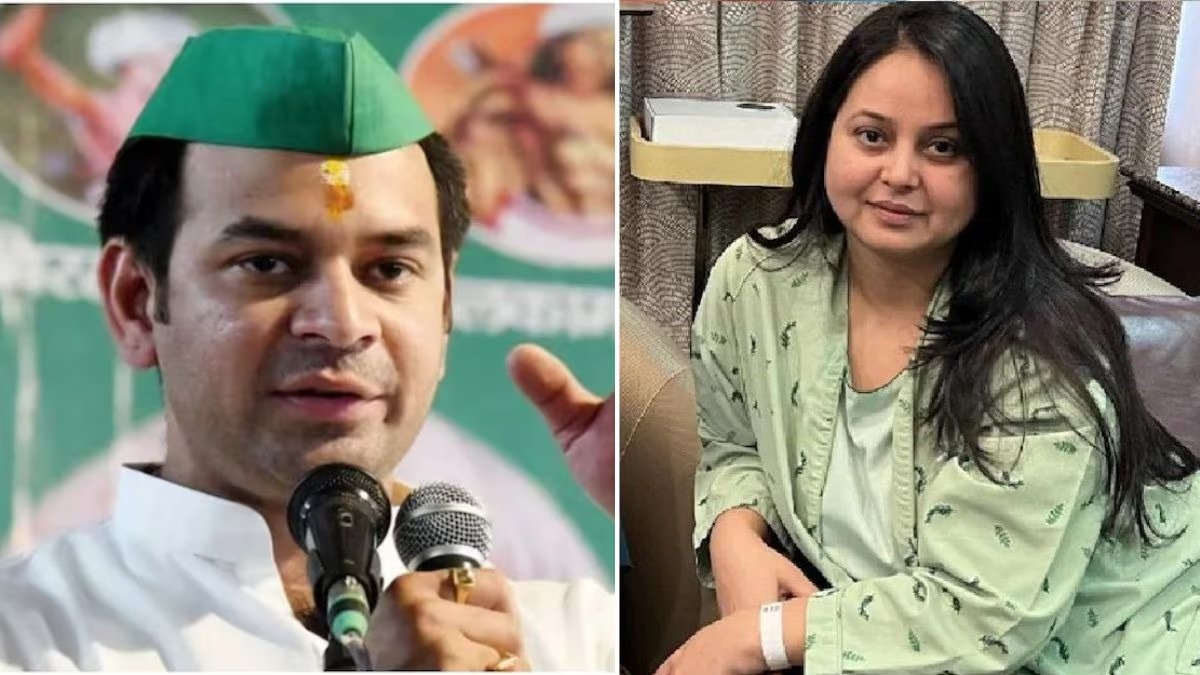The recent historic defense agreement between Saudi Arabia and Pakistan has brought a new twist to regional geopolitics. Prominent geopolitical analyst and Eurasia Group chairman, Ian Bremmer, expressed in an interview with Aaj Tak that this agreement will not only strengthen Islamabad but also entirely reshape New Delhi's defense strategy.
Ian Bremmer emphasized, 'This agreement marks a significant geopolitical shift for India, undoubtedly.' He mentioned the current tense situation, noting that there continues to be a grave security issue on the border between India and Pakistan. If you are in India's position with ongoing boundary disputes with Pakistan... the likelihood of another military confrontation is quite high. Now, if this occurs, and Saudi Arabia pledges to protect Pakistan, India will need to adjust its strategy accordingly. This brings a substantial change for India.'
Read More: 'This isn't against a third country...', Pakistan clarifies on defense deal with Saudi Arabia.
Key Highlights of the Agreement
Signed during Pakistani Prime Minister Shahbaz Sharif's visit to Riyadh on September 17, this Strategic Mutual Defense Agreement (SMDA) stipulates that an attack on one nation will be considered an attack on the other. Reports suggest that this agreement also covers Pakistan's nuclear capabilities, signifying that in an emergency, they could be part of Saudi Arabia's defense. The agreement was signed by Saudi Crown Prince Mohammed bin Salman and Shahbaz Sharif at the Al Yamama Palace.
Ian Bremmer stated that this agreement strengthens the longstanding relations between Riyadh and Islamabad. He remarked, 'China remains Pakistan's main ally, providing most of its military support and intelligence.' However, Bremmer also spoke of the new relationships Pakistan is forming. He said, 'Through ventures like crypto investments with Trump and other investments, Pakistan feels bolstered.'
Read More: Will Qatar-UAE Enter the Saudi-Pakistan Alliance? India Anxious?
Historical Nuclear Collaboration
Bremmer mentioned Saudi Arabia's support for Pakistan's nuclear program, noting, 'Yes, it is true that Saudi Arabia has been funding Pakistan's plutonium program for several years. It was an open secret that, in a crisis, Saudi Arabia would consider Pakistan's nuclear program as its emergency nuclear plan. This was well before Trump's presidency. This agreement formally acknowledges this understanding. Openly declaring the collective security agreement is a substantial new step.'
Shift in Saudi Strategy
According to Ian Bremmer, this move indicates a shift in Riyadh's security policy. It reflects an effort to not be entirely dependent on the United States and to diversify its alliances. This agreement bolsters Islamabad geopolitically. The agreement came right after an Israeli attack in Qatar, where a Qatari security official was killed. Ian Bremmer commented that Saudi Arabia was dissatisfied with the U.S.'s sluggish response following the Israeli attack on Qatar. The U.S. did little to stop Israel, nor did it complain much after the attack, which was unacceptable to Saudi Arabia.
Read More: Will Pakistan Fight Iran for Saudi Arabia? More Complexity Ahead!
India's Response
India has stated that it is monitoring the agreement (between Pakistan and Saudi Arabia) closely. The Ministry of External Affairs reiterated that the partnership between India and Saudi Arabia remains robust, but the country will take all necessary steps for its security. The Ministry of External Affairs noted, 'In recent years, strategic partnership between India and Saudi Arabia has strengthened considerably. This partnership will advance keeping mutual interests and sensitivities in mind.' In the context of the defense agreement between Saudi Arabia and Pakistan, India clarified its position by emphasizing that it prioritizes mutual interests with its partners.




